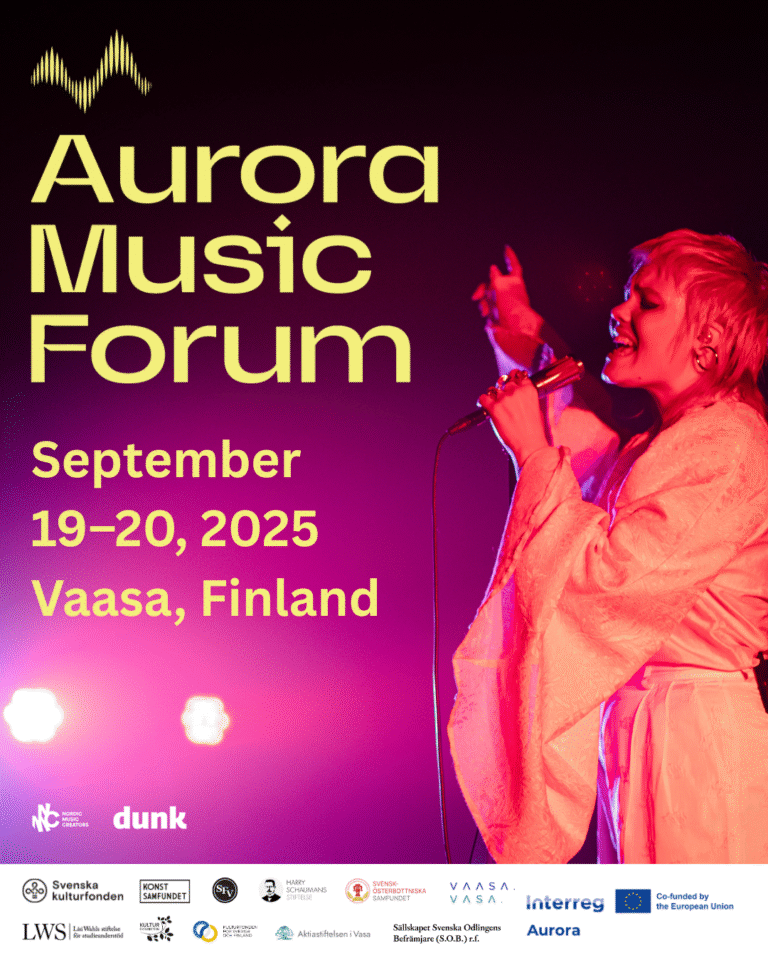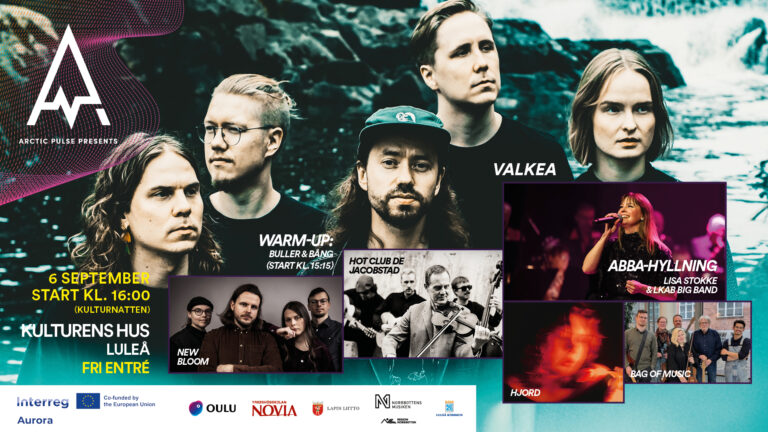The Nordic countries’ welfare systems create similar conditions for the young people that are growing up in Sweden, Finland and Norway. To understand and improve the lives of Nordic young people in a constantly changing world, a relevant knowledge base is needed.
Today there is no clear research-based knowledge of children’s and young people’s lives in the Interreg Aurora programme area. There are skilled researchers in different universities, but interregional collaboration between the different countries and research groups is missing. This is a problem because youth in the northern parts of Finland, Sweden, and Norway share similar life experiences, which are different from the youth in the southern parts of the countries.
The Interreg Aurora funded small-scale project Young in the Northernmost North aimed to establish a network of youth researchers who could collaborate with young people, authorities, municipalities, schools and other important actors in the youth field. The project partners, Åbo akademi and Luleå tekniska universitet, have identified five areas where more research regarding young people is urgently needed:
- Health: More young people are experiencing mental health problems, especially after the pandemic. It is necessary to study more closely the existing data—like gender, background, and social situation—to understand who is most affected.
- Civic Engagement: Fewer young people are getting involved in politics and community activities, which may mean they feel left out. More research is needed on young people’s political interests and how they can be better represented and engaged.
- Education and Work: There’s a lack of understanding around why some young people struggle in school. There is a need for different kinds of education and second chances, especially training that connects to new green jobs in the programme area.
- Cross-border cooperation: Despite shared borders and communities, data on cross-border youth activities and cooperation is lacking. Research is needed to support joint initiatives in education, employment, leisure, and health.
- Migration: While reasons for youth leaving and returning to the programme area are well-studied, little is known about why some choose to stay. Understanding these “stay factors” is crucial for regional development and retention strategies.
The result of the small-scale project is that the researchers will continue to collaborate and apply for new funding from Nordforsk. The new project application has the working title “Nurturing Tomorrow: The Intersection of Regional Development, Attractivity, Recruitment and Youth Empowerment in the Arctic Regions”.
For more information: Pia Nyman Kurkiala, Project Manager, Åbo akademi – pia.nyman-kurkiala@abo.fi




